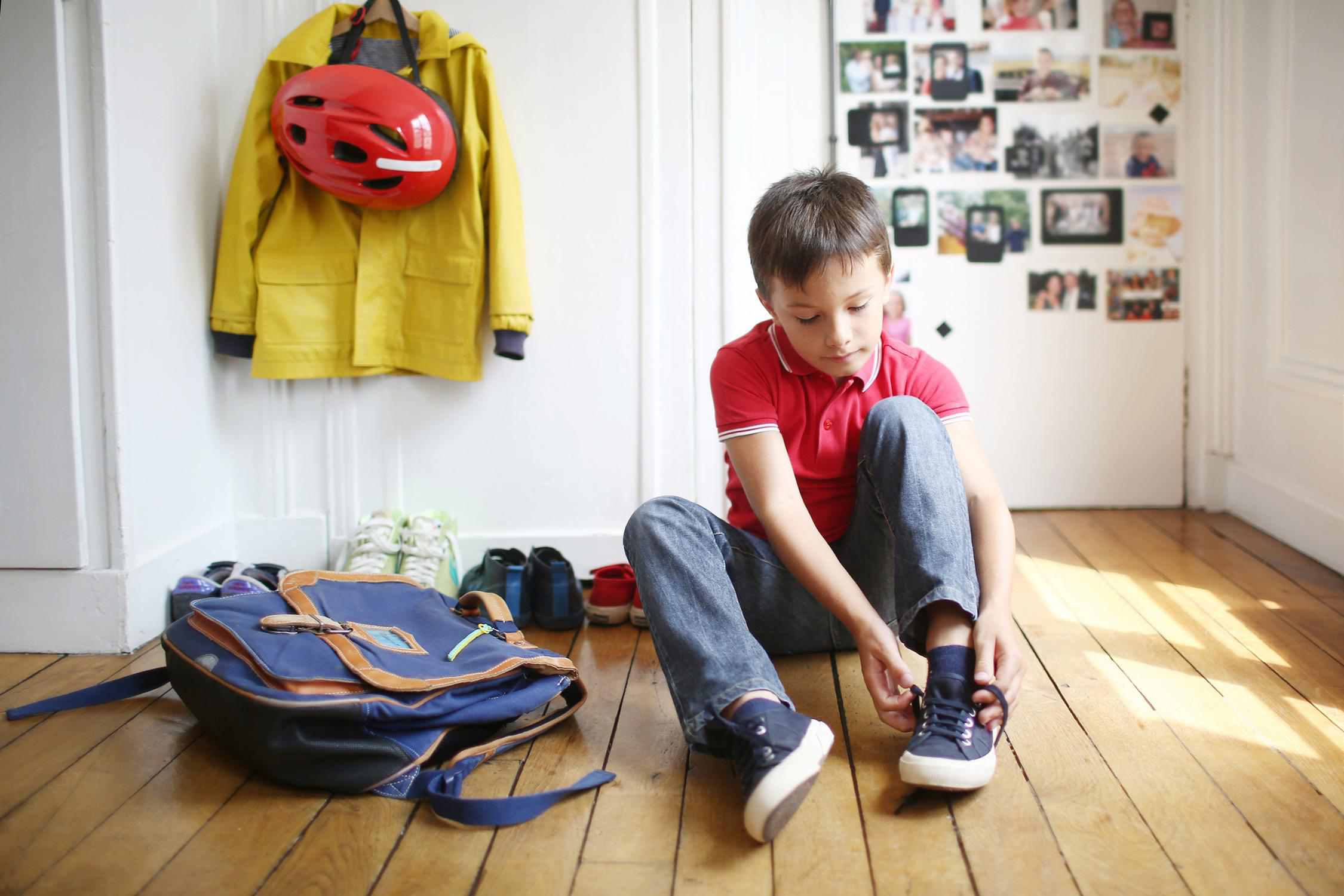Slowly Covid 19 restrictions are easing which have some of us celebrating and others living in dread!
While some celebrate the return of school, seeing friends, playground visits, and small parties. Others are feeling overwhelmed following the rules, unsure about if we will have a second wave of infections, what if I’m infected and don’t know it, what if I pass it on!
It is an unusual time. We have been in isolation for a couple of months now and although it took some time to adjust, being home with family has become the new norm. Now we must re-emerge and integrate back into the community but not the way we did before.
Learning the new rules and adapting to the new norm has thrown our poor brains a real curve ball! We are hard wired to love routine and predictability because it’s the best way to ensure survival. When we are faced with unpredictability and change, our brains default back to the manufacturers settings….in other words it relies on the primitive or safety part of the brain which takes over the running of the show and it’s only job is to keep you alive.
When acting from this default setting, our thinking, rational, developed part of the brain (pre fontal cortex) takes a back seat. This is when doubts, overwhelm and anxiety about what “might” happen can creep in.
A solution that may seem too good to be true or too simple to work is Mindfulness….yes I know its been a buzz word for years, however there is tons of evidence on the effectiveness, including MRI’s on subjects brain activity. Mindfulness refers to “the joy of just being” (Ekhart Tolle). This put simply is focusing on something without getting caught up in your thoughts or without judgement.
Some may refer to it as meditation however whenever I mention the word “meditation” I see people roll their eyes with the belief you must sit still in silence or practice for many years to get the desired effects which according to a Harvard University study is not the case at all and only a few minutes a day is enough to have positive effects on our physical and mental health.
So what are the positive effects of Mindfulness?
Reduced Stress: Improved ability to manage stress.
Increased Focus: Improved ability to pay attention, focus and concentrate.
Improved Emotion Regulation: Reduced impulsiveness, improved behaviour.
Increased Emotional Intelligence: Improved conflict resolution skills.
Increased Empathy and Respect: Increased empathy and understanding of others.
Increased Resilience: Increased capacity to overcome challenges.
Improved Physical Well-being: Increased engagement in physical activity.
Improved Creativity & Collaboration.
When we are “being” in the moment without judgement, anxiety does not exist as anxiety only exists when we focus on what might happen in the future.
5 Mindful activities that your child will enjoy
Colouring in is a great way to get your child focused on a task.
Walking through nature with the family can get your child interested in exploring the beauty of nature. Your child could collect and examine autumn leaves, or she could feel the sand beneath her toes during a walk on the beach.
Taking photographs or drawing something interesting or beautiful – like a sea shell or an insect – encourages your child to look closely at details.
Looking after a vegetable patch encourages your child to notice how plants grow.
Listening to music and focusing on the instruments or lyrics is a great way for your child to focus on the present without distraction.
Notice with a little practice, Mindfulness becomes a favourite go to for yourself and your child.

